In an unusual coincidence, the two judges of a Supreme Court bench hearing a plea against the survey of the Gyanvapi-Shringar Gauri complex in Varanasi have had an association with a similar kind of dispute relating to the Ram Janmabhoomi-Babri masjid issue as well.
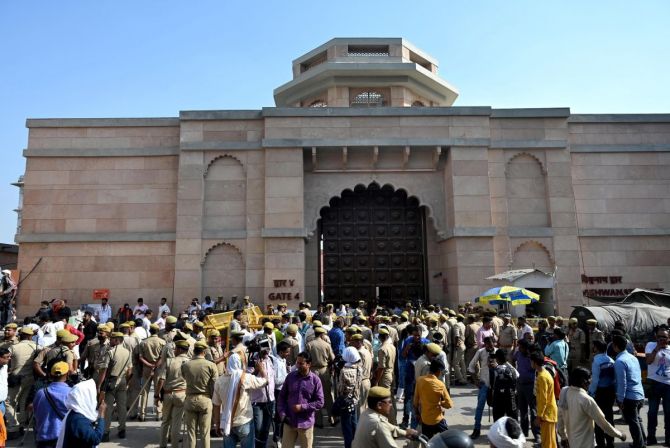
A bench comprising justices DY Chandrachud and PS Narasimha Tuesday directed the district magistrate of Varanasi to ensure protection of the area inside the Gyanvapi-Shringar Gauri complex where a 'Shivling' is said to be found in the survey and allowed Muslims to offer namaz and perform "religious observances".
The committee has sought a stay of the Varanasi civil court-mandated survey.
Justice Chandrachud is hearing a case involving a temple-mosque dispute for the second time.
He was part of a five-judge constitution bench headed by the then CJI Ranjan Gogoi which on November 9 had cleared the way for the construction of a Ram temple at the disputed site at Ayodhya, and had directed the Centre to allot a 5-acre plot to the Sunni Waqf Board for building a mosque.
Justice Narasimha, before becoming a judge of the top court, was associated with the case as a senior lawyer, who appeared for the Hindu side in the Ayodhya case.
He had argued before the constitution bench for Rajendra Singh, the survivor of Gopal Singh Visharad, in the case.
Visharad had first approached the court in 1950 for a declaration that he is "entitled to offer worship without any obstruction according to the rites and tenets of his religion at the birthplace of Lord Shri Ram Chandra".

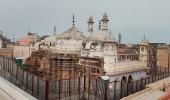
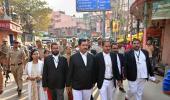

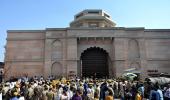



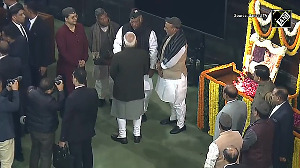
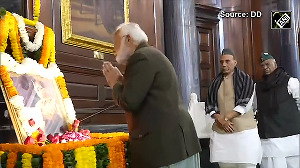
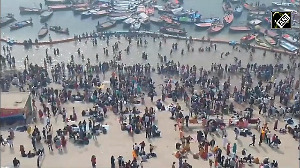
 © 2025
© 2025